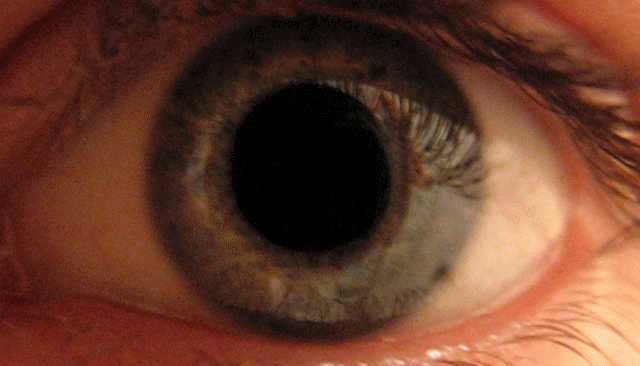The West Midlands has one of the largest training programmes in Ophthalmology. The training programme has posts in hospitals in Birmingham, Burton, Coventry, Dudley, Hereford, Sandwell, Shrewsbury, Stoke-on- Trent and Wolverhampton.
What is Ophthalmology?
Ophthalmology is a branch of medicine dealing with the diagnosis, treatment, and prevention of diseases of the eye and visual system. Ophthalmology is unique amongst medical specialties. The eye, its surrounding structures and the visual pathways may be affected by a great variety of clinical conditions. Their successful management depends on the ophthalmologyteam combining the diagnostic and therapeutic abilities of a physician and technical skills of a microsurgeon with an understanding of the whole patient. Ophthalmology integrates with many other branches of medicine – did you know that the commonest cause of visual impairment under the age of 65 years is diabetes?
 One of the fundamental properties of the eye is that many of its components are transparent. This enables the details of its structure and abnormalities to be observed directly, in a manner not possible for most other parts of the human body.
One of the fundamental properties of the eye is that many of its components are transparent. This enables the details of its structure and abnormalities to be observed directly, in a manner not possible for most other parts of the human body.
Ophthalmologists are applying new discoveries from the basic sciences to clinical practice. Innovative technologies for imaging the eye have helped to diagnose and treat many conditions, and there have been numerous advances in microsurgical techniques that have improved surgical outcomes.
What is an Ophthalmologist?
An ophthalmologist is a medically trained doctor who commonly acts as both physician and surgeon. (S)he examines, diagnoses and treats diseases and injuries in and around the eye. The majority of ophthalmologists are “surgical ophthalmologists”. Most of the working week is spent seeing patients in outpatient clinics with many requiring followup of an ongoing condition. Although patients often have conditions related to ageing, such as cataract, glaucoma and macular degeneration, diseases of the eye and its surrounding structures may be part of an underlying systemic disease, e.g. diabetes. There is therefore, close collaboration with many other specialists, including diabetologists, rheumatologists, neurologists, neurosurgeons, ENT and maxillofacial surgeons, plastic surgeons, paediatricians and geneticists. Did you know that ophthalmologists also examine and treat eye conditions in premature babies?
A minority of patients require procedures using different kinds of laser or surgery, usually performed under local anaesthesia and as a day case. Most ophthalmologists have two operating sessions per week. The surgical workload of the general ophthalmologist may include cataract extraction, squint and glaucoma surgery, oculoplastic and nasolacrimal surgery. Many consultants now specialise in a particular area although most also continue to perform cataract surgery. Did you know that over 300,000 cataract operations per year are performed under the NHS through small incision (keyhole) surgery known as phakoemulsification, making this the commonest operation under the NHS and of any type of surgery undertaken in the world?!
Specialist Interests
- Cataract and Refractive Surgery
- Corneal and External Diseases
- Glaucoma
- Inflammatory Eye Diseases, Uveitis and Scleritis
- Medical Ophthalmology
- Medical Retina
- Neuro-ophthalmology
- Ocular Oncology
- Oculoplastics
- Orbital/lacrimal disorders
- Paediatric Ophthalmology
- Strabismus
- Vitreoretinal surgery
Eye emergencies, of which there are a large number, may be seen first by a general casualty officer but in larger departments a separate Eye Casualty department is staffed by ophthalmologists and/or nurse practitioners. Patients may present with conditions that include a simple foreign body on the cornea, chemical burns, angle-closure glaucoma, blockage to the blood supply to the retina, and retinal detachment. Even patients with brain tumours may first present to an eye casualty department. Consultant ophthalmologists take part in an on-call rota but night work is unusual.